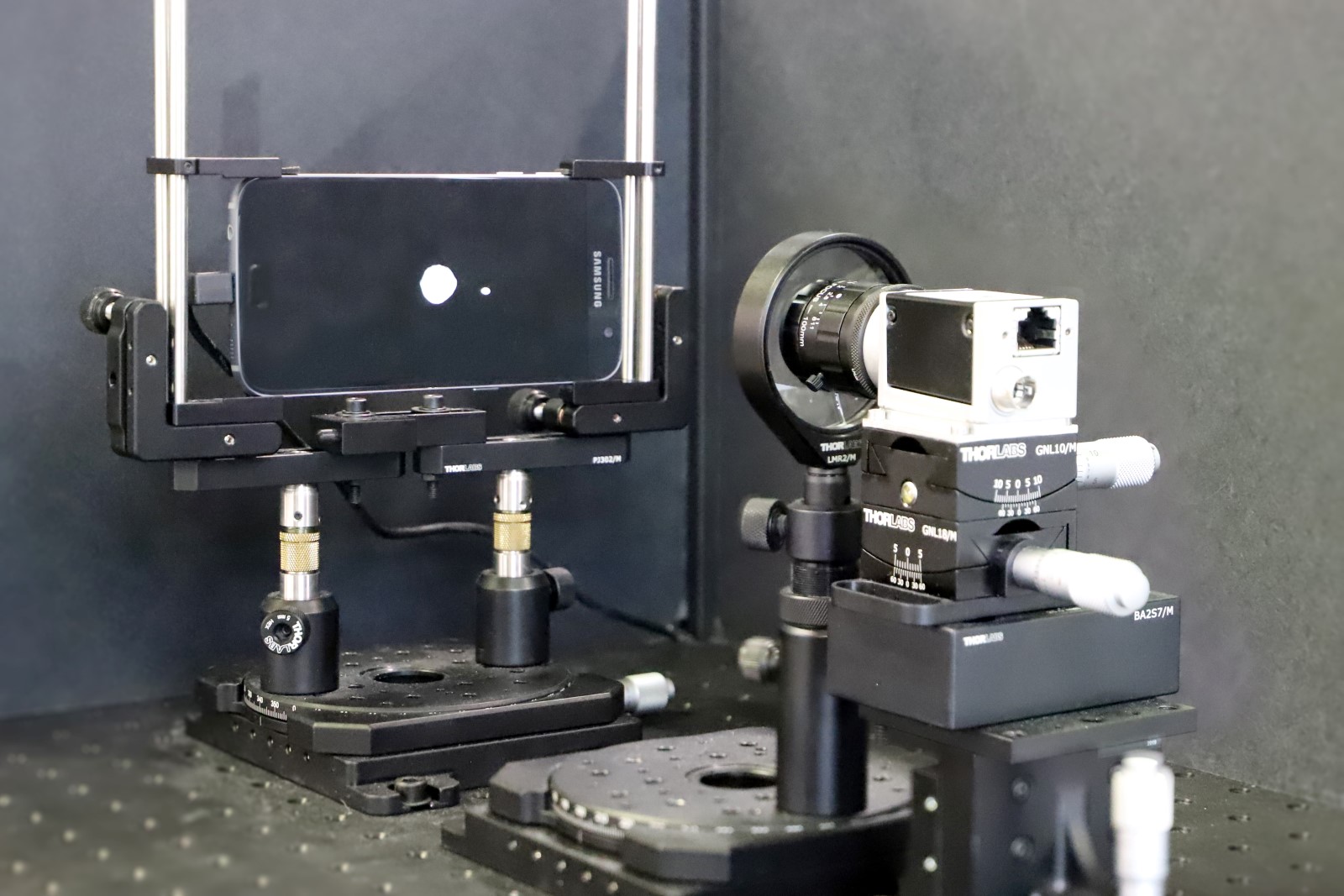POLITECNICO DI MILANO TOWARDS AUTONOMOUS SPACE EXPLORATION WITH THE ERC-POC PROJECT SENSE
07 February 2022 — 1 minutes read

Professor Francesco Topputo from the Department of Aerospace Science and Technology of Politecnico di Milano wins another grant from the European Research Council (ERC) with the project SENSE – “A Sensor for Autonomous Navigation in Deep Space”.
SENSE has been awarded the prestigious proof-of-Concept (PoC), a grant accessible solely to the principal investigators of an ERC project. The objective of the PoC is to turn basic research into applied research trough a technological demonstrator for a future commercialization. In 2019, Prof. Topputo won the prestigious ERC Consolidator Grant from European Commission worth €2M with EXTREMA – “Engineering Extremely Rare Events in Astrodynamics for Deep-Space Missions in Autonomy”, that has laid down the foundations of SENSE.
EXTREMA will establish the “self-driving CubeSats”, miniaturized spacecraft of the size of a shoebox able to drive themselves during the cruise, without requiring contact with ground. The project presents many challenges: the nanosatellites will have to determine autonomously their position in deep-space and drive autonomously themselves towards the destination with miniaturized propulsion units. EXTREMA will make use of artificial intelligence and sophisticated ballistic capture methods to acquire orbit about planets.
SENSE builds upon EXTREMA that will lay the foundation for an autonomous navigation sensor in deep space. The novelty of the solution is in the exploitation of high-performance optical camera and advanced triangulation techniques to determine a spacecraft position in deep space. This last one is estimated through observations of faraway celestial objects as planets, moons, and asteroids. It is like orienting in a city exploiting known buildings, but all of this in deep space. The development of the SENSE proof-of-concept will be carried out at the DART Lab, the laboratory managed by Prof. Topputo where guidance and navigation algorithm for space satellites are experimented with integrated hardware-in-the-loop simulations.
The advantages of granting autonomous positioning to next generation satellites are many: satellites will no longer require contact with expensive ground stations to estimate their position in deep space; rather, they will be able to determine it on board, thus reducing costs of space missions and increasing the number of operations in space. This will lead to an increase of space satellites in the deep space with an exponential raise of the scientific return. The SENSE project has already attracted attention from the European Space Agency (ESA) e from the major space company for the involvement in the realization of the sensor.
News ERC website: https://erc.europa.eu/news/erc-2021-proof-of-concept-grants-results ↗

Francesco Topputo e Vittorio Franzese with the equipment that will be used to develop SENSE
Photo credits: Laura Dalzini